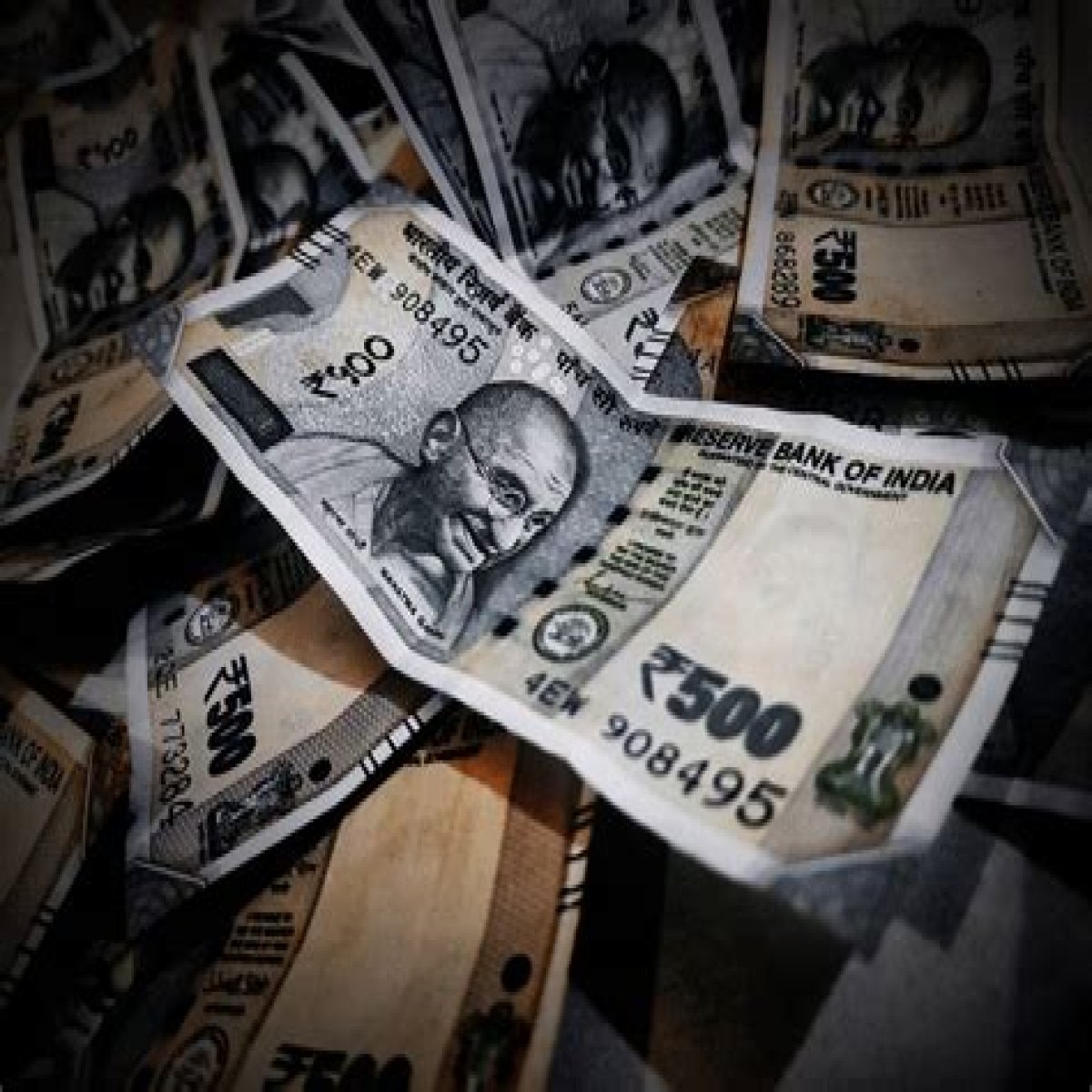The world of currency exchange can be both fascinating and perplexing, especially when it comes to understanding which currency holds the title for being the most expensive. With global economies constantly fluctuating and the value of currencies changing daily, it's essential to stay informed about what defines currency value and its implications on trade and investment. As investors and travelers alike seek the best rates for their money, examining the most expensive currency in the world can unveil insights into economic stability, purchasing power, and even geopolitical dynamics. This article will explore the intricacies surrounding the world's most valuable currency and answer some of the most pressing questions about it.
From the Swiss Franc to the Kuwaiti Dinar, numerous currencies have enjoyed periods of high valuation against the US dollar and other major currencies. However, understanding why certain currencies are valued higher than others often requires a deeper look into the economies behind them. Factors such as inflation rates, interest rates, and overall economic health play a significant role in determining a currency's value. This article will provide an in-depth analysis of the most expensive currency in the world, its characteristics, and what it means for global finance.
As we journey through this exploration of currency, we will also touch on how the most expensive currency can impact international trade and travel. With an awareness of the most valuable currencies, individuals and businesses can make informed decisions about their financial dealings. Join us as we unravel the mysteries of currency value and discover what the most expensive currency in the world truly is.
- What is the Most Expensive Currency in the World?
- Why is the Kuwaiti Dinar So Valuable?
- What Factors Influence Currency Value?
- How Do Exchange Rates Affect Travelers?
- What Other Currencies are Among the Most Expensive?
- Is the Most Expensive Currency Always the Best for Investment?
- Conclusion: Understanding the Most Expensive Currency in the World
What is the Most Expensive Currency in the World?
The title of the most expensive currency in the world is held by the Kuwaiti Dinar (KWD). The KWD has consistently been valued higher than any other currency, making it a focal point for those interested in foreign exchange markets. But what makes the Kuwaiti Dinar so valuable?
Why is the Kuwaiti Dinar So Valuable?
Several factors contribute to the high value of the Kuwaiti Dinar:
- Oil Reserves: Kuwait possesses one of the largest oil reserves in the world, which significantly boosts its economy.
- Low Inflation: The country has maintained low inflation rates, enhancing the currency's purchasing power.
- Strong Economy: A stable and robust economy further solidifies the Dinar's high value.
How Does the Value of the Kuwaiti Dinar Compare to Other Currencies?
When compared to the US dollar, the Kuwaiti Dinar is often valued at around 3.30 KWD for 1 USD. This stark difference makes it the strongest currency unit in the world. However, other currencies, such as the Bahraini Dinar and the Omani Rial, also maintain high values and can be seen as comparable to the KWD.
What Factors Influence Currency Value?
Understanding what influences the value of currencies can provide insights into their fluctuations. Key factors include:
- Economic Indicators: GDP, employment rates, and consumer spending can affect currency strength.
- Political Stability: Countries with stable governments often have stronger currencies.
- Interest Rates: Higher interest rates can attract foreign investment, increasing currency value.
How Do Exchange Rates Affect Travelers?
For travelers, exchange rates can greatly affect spending power. The higher the value of a currency against another, the more expensive it is to exchange. Travelers heading to countries with strong currencies, such as Kuwait, need to be mindful of their budget and spending habits.
What Are the Implications of a Strong Currency for International Trade?
A strong currency can have both positive and negative implications for international trade. On one hand, it can reduce the cost of imports, making goods cheaper for consumers. On the other hand, it can make exports more expensive, potentially reducing demand for a country's products abroad.
What Other Currencies are Among the Most Expensive?
Aside from the Kuwaiti Dinar, several other currencies are renowned for their high value:
- Bahraini Dinar (BHD)
- Omani Rial (OMR)
- Jordanian Dinar (JOD)
Is the Most Expensive Currency Always the Best for Investment?
While the most expensive currency may seem like the best investment, it isn't always the case. Currency investment involves various risks, and a high value does not guarantee stability or growth. It's essential to consider economic conditions and market trends before making investment decisions.
How Can Investors Take Advantage of Currency Value Fluctuations?
Investors can take advantage of currency fluctuations through strategies such as:
- Forex Trading: Engaging in currency exchange to capitalize on market movements.
- Hedging: Protecting against potential losses in currency value.
- Diversifying Investments: Spreading investments across various currencies to mitigate risks.
Conclusion: Understanding the Most Expensive Currency in the World
In summary, the Kuwaiti Dinar stands as the most expensive currency in the world due to its strong economic foundation, low inflation rates, and substantial oil reserves. Understanding the dynamics behind currency value is crucial for investors, travelers, and businesses engaged in international trade. By grasping the factors that influence currency fluctuations and recognizing the implications of a strong currency, individuals can make informed financial decisions in an ever-changing global landscape.
Unraveling The College Journey Of Zach Edey: How Many Years Has He Been In College?Heartfelt Messages To Celebrate Your Love: Sweet Messages For Husband On AnniversaryUnveiling The Age Of Brooke Baldwin: A Journey Through Time
